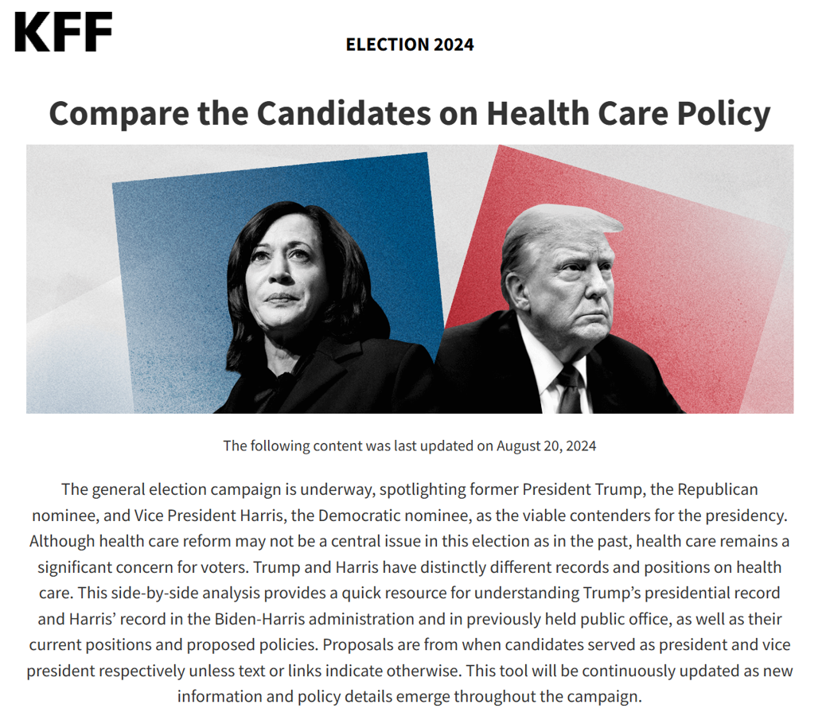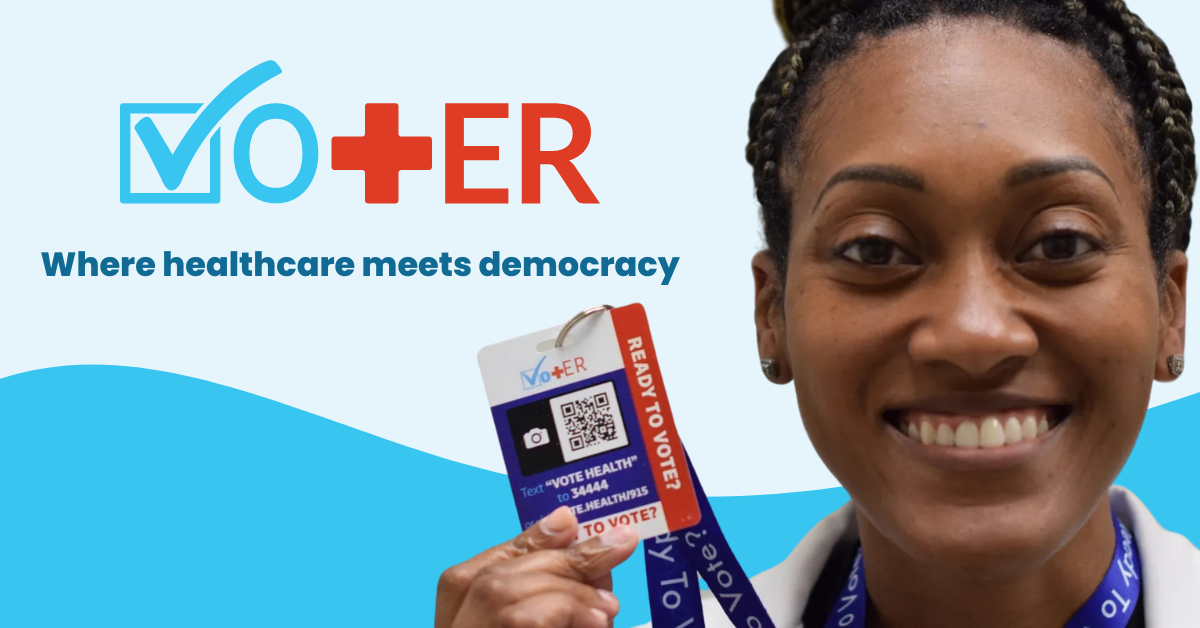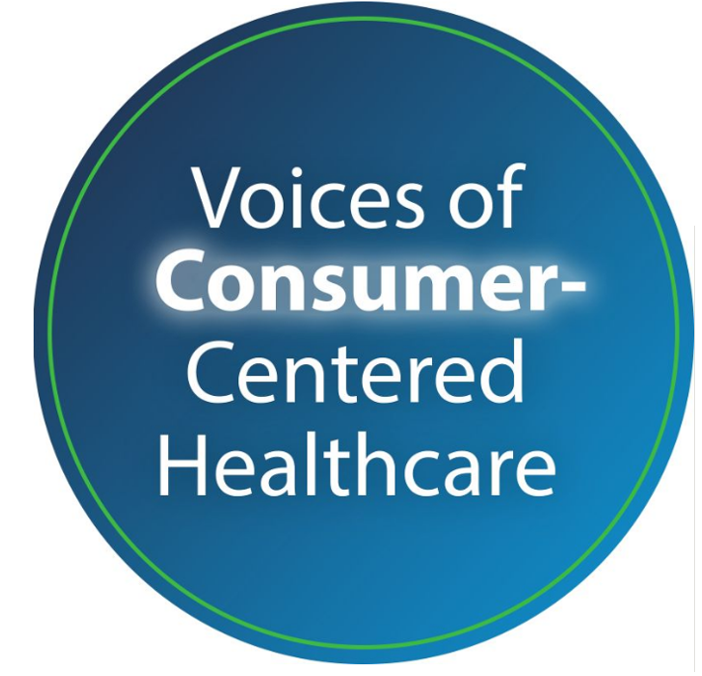“Voter registration in hospitals is the new frontier in health care.”
That’s the headline in a WBUR story last week detailing the efforts of health care professionals in “amplifying” their patients’ voices inside and outside of the hospital walls by advocating for their health citizenship — through voter registration and public health policy advocacy. 
I’m a long-time evangelist for health citizenship and the role that a person’s engagement in the civic commons plays in one’s own health, the health of their communities and of the nation as a whole. I’m not alone in this mission: the American Medical Association cited support for Safe and Equitable Access to Voting as a social determinant of health in the organization’s 2022 health policy statement.
One of the AMA’s key points was that, “Gerrymandering which disenfranchises individuals [and] communities… negatively impacts health outcomes.”
I remember a story out of Northwell Health from 2018 about two nurses who helped an inpatient get access to his ballot who had been blocked from doing so in advance of that year’s elections. The story goes that,
“A pair of nurses with a strong commitment to upholding the right to vote and an amazing determination not to take no for an answer enabled dozens of hospitalized patients to participate in the American electoral system. Their efforts began when a patient inquired about voting, but at that point, they were unable to help. Ahead of the 2018 election, Lisa Schavrien and Erin Smith decided to be proactive, exploring ways to help their patients be heard at the ballot box. Their inquiries led them to a series of rejections by boards of elections, non-responses from political offices and a trip to a courtroom in Queens. With the help from other volunteers, they canvassed their hospital for patients who wanted to vote. In one room, a patient facing brain surgery managed to cast her vote before surgery; in another, a patient’s partner was unable to get a ballot for the patient because they weren’t married, but Lisa obtained a ballot for him. Voting may not seem like an issue clinical team members need to tackle, and they could find no other hospital making the same effort, but thanks to this team that went above and beyond, 75 Northwell patients were able to cast their ballots.”
Now just weeks leading up to the next consequential elections in the U.S., three current items reinforce what-I-know-I-know about the driver of health that is so powerful and, in this moment, so timely: health care’s civic engagement with voting and elections.

First, listen to the When we all vote podcast, part of the See You Now program led by Shawna Butler – nurse economist, public health advocate, and in full disclosure a long-time friend and collaborator of mine. The See You Now podcast is sponsored by J&J and the ANA, and in this discussion we learn about the growing body of evidence supporting “voting and health” — how when communities vote, they lessen risks for ill health, and impact the wide range of health-baked policies such as clean air, clean water, women’s and children’s health, as well as prescription drug prices and health access and equity.
Hear how nurses Jeanne Ayers RN, MPH, Lisa Schavrien RN, BSN and Erin Ainslie Smith MS, BSN, CPST have crafted creative approaches to remove barriers to voting for the benefit of both patients and colleagues in clinical practice.
And you’ll also hear about the development of the Health & Democracy Index which measures 12 public health indicators across the 50 U.S. states to assess the Cost of Voting, civic participation and peoples’ health status.

Read the Health Affairs column about how voting is a critical pursuit for health equity, which also speaks to the Health & Democracy Index. The authors discuss three different levels at which measures to improve voting can be aimed: at the individual level (discussing the Vot-ER program), at the organizational level (Wisconsin’s Health Improvement Plan), and at the system level (We Choose Us).
The three authors cite empirical research finding a strong relationship between voting and health: such as states with stronger electoral democracies as quantified by the State Democracy Index having lower levels of working-age mortality. Similarly, there has been a consistent relationship over 25 years in regions with robust voting policies and self-reported health.
In the authors’ analysis of the Health & Democracy Index, they found a statistical relationship between specific voting policies and health outcomes. Looking at 12 public health indicators included in the Cost of Voting Index (COVI), which looks at state-level data on how difficult it is for people to vote; the higher the cost, the less accessible voting has been.

As a third of my calls-to-action for you, you can get inspired by two hospitalists working at The University of Cincinnati Medical Center collaborating in their community with Vot-ER. Vot-ER has inspired a growing call-to-action since the project launched in 2020, now with over 350 institutional partnerships, 700 participating sites, and over 50,000 health care professionals taking part of Vot-ER actions on the ground in their institutions with patients.
Stranger organizational bedfellows you won’t find in health care, with the AMA partnering with the American Academy of Pediatrics, Oak Street Health, the American Nurses Association, hims & hers, and Gilda’s Clubs, among dozens of other provider affiliations.
Together, these three current events inter-connect with the passionate intention of including patients in the 2024 voting process in the U.S.

Health Populi’s Hot Points: If voting is a driver of health, than each of us has an opportunity to get healthy by getting informed about health policy. Here’s a link to the Kaiser Family Foundation comparison of health policies for Kamala Harris and Donald Trump which provides details under a dozen of broad health policy areas including the Affordable Care Act, Medicaid, Abortion, Contraception, LGBTQ+ Health, Gun Violence, Public Health, Prescription Drug Prices, Medicare, Health Care Costs, Mental Health, Opioid Use, Long Term Care, Global Health, and Immigrant Health Policy.
We are all health citizens, connected by our environment, our families, our communities, and I hope, our personal investment in voting.





 Thank you, Jared Johnson, for including me on the list of the
Thank you, Jared Johnson, for including me on the list of the  I am so grateful to Tom Lawry for asking me to pen the foreword for his book, Health Care Nation,
I am so grateful to Tom Lawry for asking me to pen the foreword for his book, Health Care Nation,  Thanks to Feedspot for naming this blog, Health Populi, as a
Thanks to Feedspot for naming this blog, Health Populi, as a